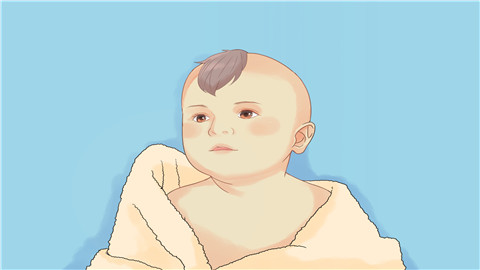Can high blood pressure and anemia cause jaundice in infants?
Generally, whether high blood pressure or anemia in children can cause jaundice depends on the specific circumstances. Mild hypertension or mild anemia alone usually does not lead to jaundice; however, severe anemia causing hemolysis or accompanying liver and biliary damage may indirectly trigger jaundice. The detailed analysis is as follows:

If a child has only mild hypertension without damage to other organs, or mild anemia that does not affect red blood cell stability and with normal metabolism, bilirubin levels will not rise, and thus jaundice will not occur. In such cases, basic management of hypertension or anemia is sufficient, along with regular monitoring of relevant indicators.
When a child has severe anemia, such as hemolytic anemia, extensive destruction of red blood cells releases excessive bilirubin, exceeding the liver's metabolic capacity. Alternatively, uncontrolled long-term hypertension may impair liver and biliary function, affecting bilirubin excretion—both scenarios may indirectly lead to jaundice. Priority should be given to treating anemia or controlling blood pressure, while closely monitoring bilirubin levels.
Routine monitoring of blood pressure, complete blood count, and bilirubin levels in children is recommended. Ensure a balanced diet to prevent iron-deficiency anemia. If hypertension is present, follow medical advice to adjust diet and lifestyle, avoid strenuous activities, and maintain stable physiological parameters through scientific care.




